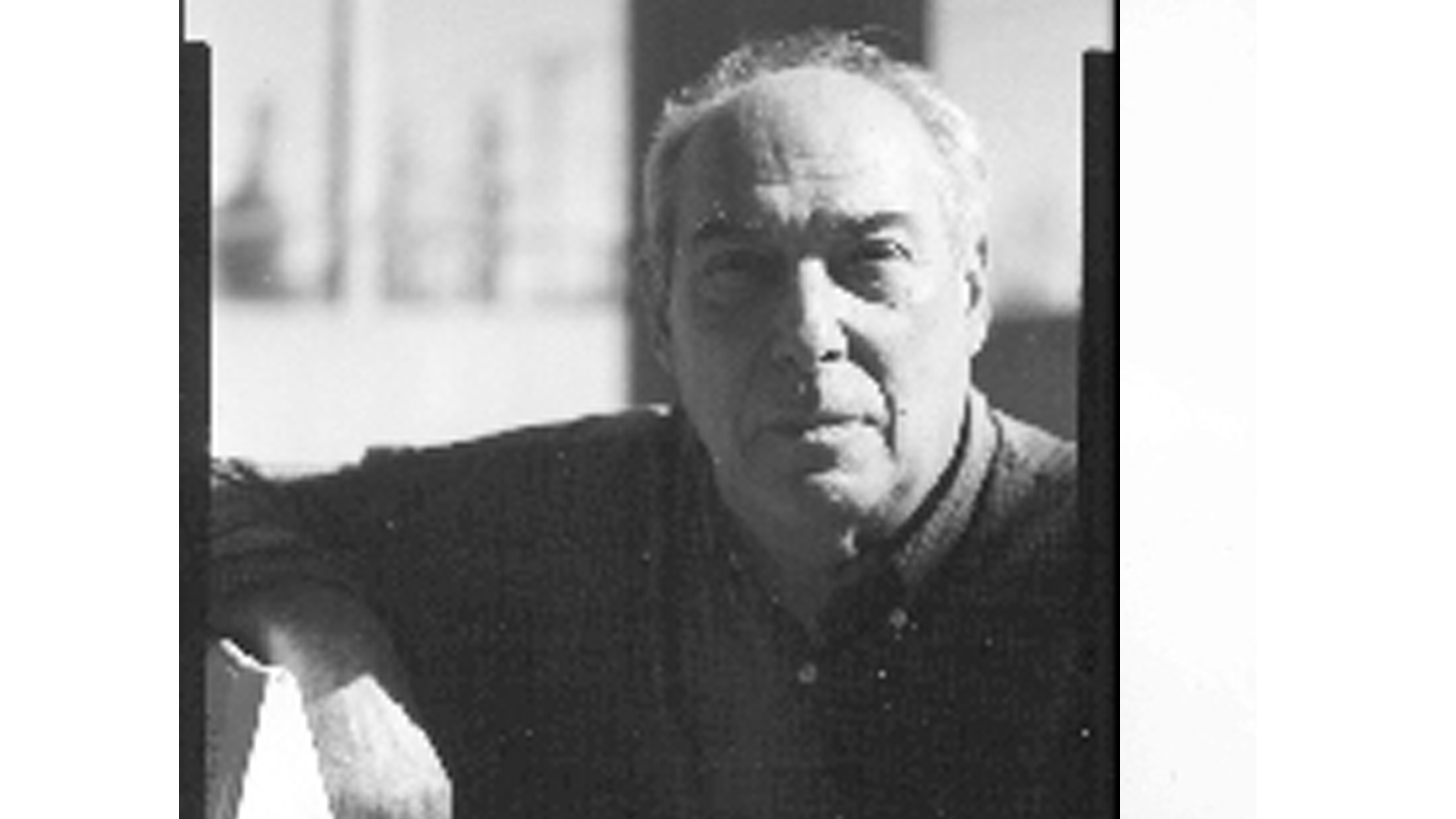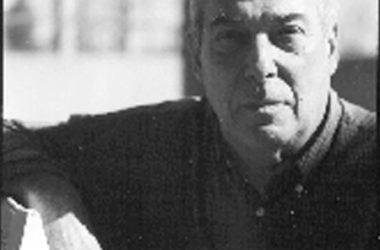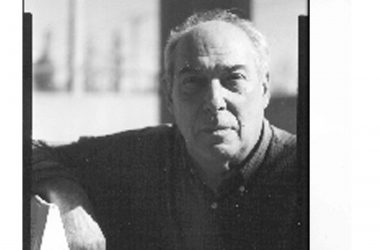By Noel Ignatiev
In my youth I belonged to a group called the Provisional Organizing Committee for a Marxist-Leninist Party (POC) that formed following Khrushchev’s 1956 speech on the crimes of Stalin. The POC rejected Khrushchev’s line of peaceful coexistence with imperialism and peaceful transition to socialism, identifying instead with the current, headed by the Communist Party of China, that looked to the national liberation movements in Asia, Africa and Latin America and the upsurge of black militancy in the U.S. Its leader was Armando Roman; among its founding members were Harry Haywood, Angel Torres, Nelson Peery, Joe Dougher and Ted Allen.
It was an article of faith among us that we were the most dangerous communist group in the U.S., and indeed we could have been—a group of sixty experienced proletarian militants, a majority black and Latin—but for a crippling sectarianism that prevented us from taking advantage of actual opportunities that arose to develop ties with Malcolm X, Max Stamford (Muhammad Ahmad) and the Revolutionary Action Movement, Robert Williams, Mohamed Babu (revolutionary leader in Zanzibar) and with groups in the Dominican Republic and elsewhere. A tale for another day. As a result, the POC underwent several splits and defections and soon descended into irrelevance.
If, as Mao taught and we all believed, attacks by the enemy were the gauge of effectiveness, then how to explain the blanket of silence with which we were greeted, especially when compared with the official repression that was from time to time directed against other groups, even the Communist Party which we “knew” to have long abandoned revolution? The answer was that the absence of repression was a deliberate policy to avoid drawing attention to us.
Get that: here we were, the most dangerous communist group in the country, and nobody in authority seemed to be paying any attention. Since the bourgeoisie was extremely class conscious and was therefore necessarily aware of the threat we represented, and since the state was the arm of the bourgeoisie, the policy of ignoring us must be deliberate. That is how ideology works: accept any improbability rather than question one’s faith.
I am embarrassed to admit it, but that explanation satisfied me, a true believer (and moreover a youngster in awe of the leaders who promoted it) . . . until something happened that made it impossible for me to accept it any longer. The incident was as follows: I was passing out flyers about the world revolution under the 47th Street “L” station in Chicago when a cop arrested me and took me to the station. As I recall, I spent the night and was released on bail the next day.
In preparation for my trial, I went to the ACLU and found a lawyer to represent me. In the course of our conversations, he told me not to worry, the cops were always doing that sort of thing and the judges always dismissed the charges. What he predicted is exactly what happened: the judge dismissed the charge (disorderly or whatever), reprimanded the cop, and let me go. When I called Armando Roman in New York to report what happened, he said, “That proves it, they don’t want to draw attention to us.”
That was more than I could take. I had been in court, and it was obvious that I had been arrested by a dumb cop who didn’t like communists passing out flyers on his beat and that the judge, who knew a little about the law, let me go, and that was all. It would take more faith than I had to believe that the judge had been acting on instructions from capitalist command central.
When I hear revolutionaries in 2015 talking as if every act taken by every agent of the state represents bourgeois policy, I feel as if I am in a time-warp, back in the days of the POC and the certainty that the long arm of the ruling class reached from the highest authorities to a district court in Chicago.



